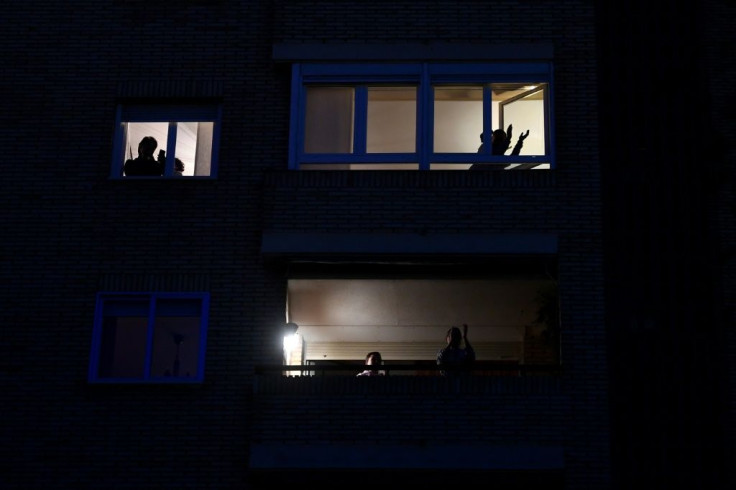Coronavirus: How To Deal With Cabin Fever During Isolation
KEY POINTS
- Many people have been advised to go into isolation because of the coronavirus pandemic
- People are beginning to experience cabin fever
- There are simple ways to ease the effects of isolation
More and more places are being placed under lockdown as the coronavirus pandemic continues to spread. This isolation can trigger a condition called cabin fever in people but, there are concrete ways to cope with it.
Cabin fever is a term used to describe a common reaction to being isolated in a particular place for a period of time, leading to a certain level of phobia. In some cases, people have even described the feeling as if they are losing their minds from having to stay indoors for such a long time.
Given the current situation with COVID-19, many people have to stay inside their houses for prolonged periods of time and still have to practice social distancing even when they do get to go out.
The isolation, plus the stress from the coronavirus itself, could lead to heightened stress in some people.
Some of the signs of cabin fever may include restlessness, lethargy, sadness or depression, lack of patience, having food cravings, frequent napping, changes in weight, inability to cope with stress and having trouble concentrating.
To be clear, not everyone will experience cabin fever and even those who do will not experience it in the same way as others. Further, these symptoms may also be indicative of other disorders so only mental health professionals can make accurate diagnoses.
Cabin fever is best handled with the help of a mental health professional but relatively mild symptoms can be handled.
Typically, one of the concrete steps that people can take to tackle cabin fever is to go outside but, given the circumstances, this may not be possible for many. In this case, opening a window to let the daylight in and moving around close to it could help regulate the body's natural cycles.
People should also maintain normal eating patterns so that they will not overeat junk foods or skip meals. Similar advice can also be given for other activities. By maintaining a structure to the day, setting realistic goals and tracking the progress of completing these goals, it won't feel as though the person is not doing anything of importance.
Keeping the brain active is also important for such situations and people can do this by completing puzzles or playing board games. Feeling isolated, on the other hand, can also be eased by maintaining social contact with friends, whether via e-mail, social media or phone calls.
Of course, exercise is a good idea -- whether someone is isolated or not. During the lockdown, exercising can help burn the excess energy that has been pent up due to being stuck indoors. Even simple indoor exercises can help ease feelings of restlessness.
Not everyone will experience cabin fever but those who do can do something about it. At a time like this, when staying indoors is necessary for public health, it doesn't mean that people will also have to sacrifice their mental health.

© Copyright IBTimes 2024. All rights reserved.






















